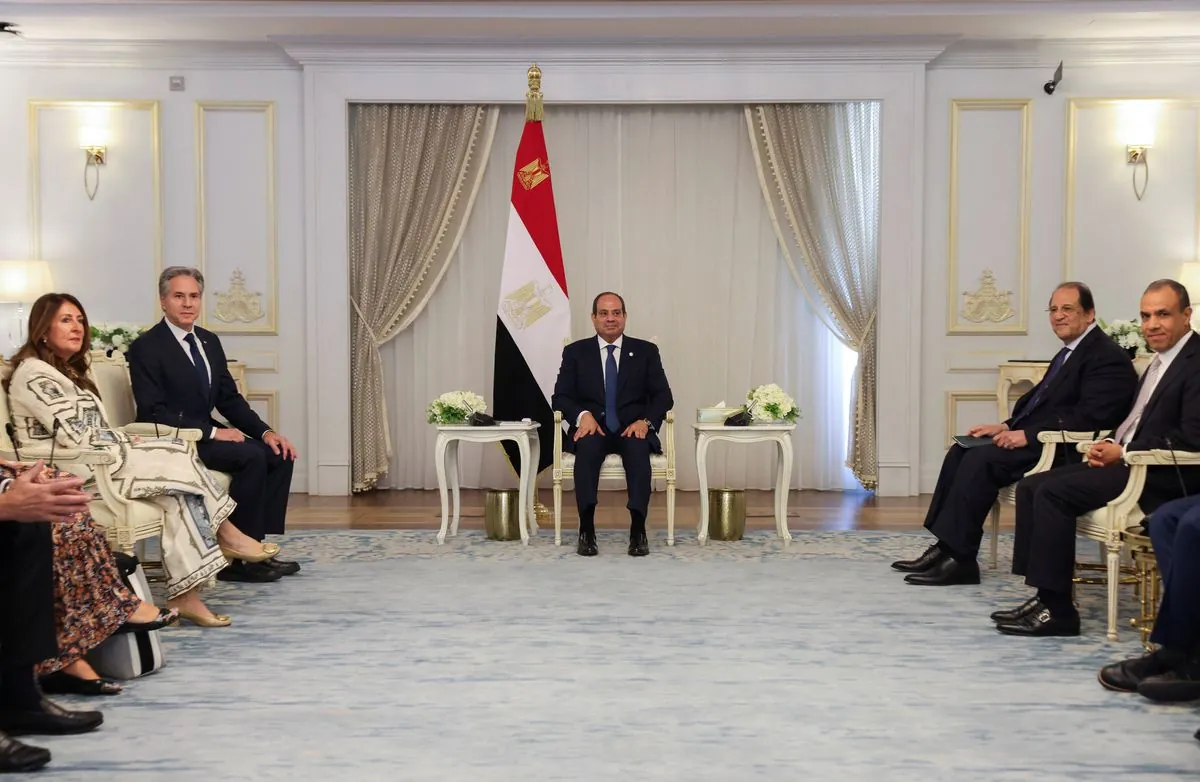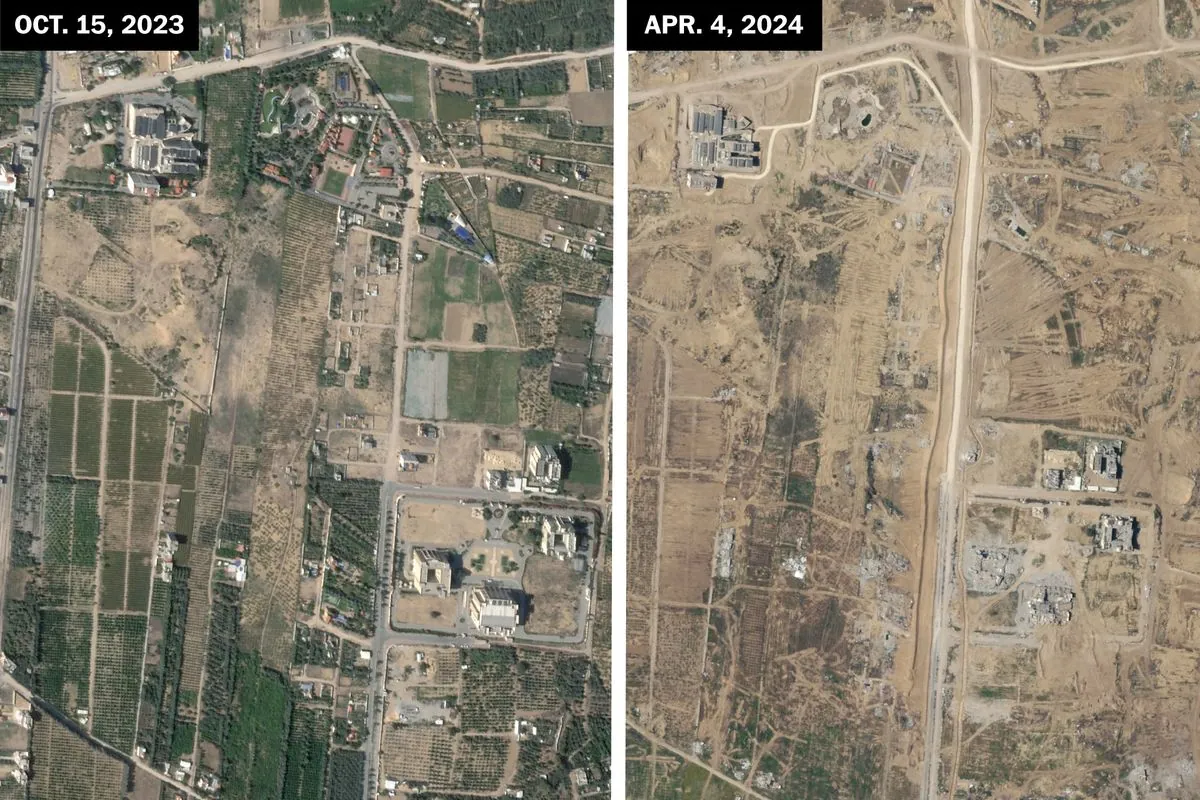Gaza Ceasefire Talks Stall Over Israeli Military Presence and Prisoner Release
Negotiations for a Gaza ceasefire face obstacles due to Israel's demand for troop presence in key corridors and disagreements over Palestinian prisoner releases. U.S. mediators propose new solutions amid ongoing talks.

Efforts to broker a ceasefire in Gaza have encountered significant hurdles, primarily due to disagreements over Israel's future military presence in the region and the terms of Palestinian prisoner releases. These issues have emerged as major stumbling blocks in the ongoing U.S.-mediated negotiations.
Hamas, the Palestinian militant group controlling Gaza, has expressed deep concern over Israel's recent demand to maintain troops along two strategic areas: the Netzarim Corridor and the Philadelphi Corridor. The Netzarim Corridor, an east-west strip cleared by Israel during the current conflict, effectively divides northern and southern Gaza. The Philadelphi Corridor, a narrow strip along the Gaza-Egypt border, is crucial for controlling access to the enclave.

Israel's insistence on maintaining a military presence in these areas has been met with resistance from Hamas, which views it as a continuation of occupation and a hindrance to free movement within Gaza. This demand represents a significant shift from previous proposals, causing Hamas to accuse Israel of changing the parameters of negotiations "last-minute."
The release of Palestinian prisoners has also become a contentious issue. Israel has reportedly vetoed the release of approximately 100 prisoners proposed by Hamas, some of whom are elderly with lengthy sentences remaining. Moreover, Israel's position that many released prisoners should be exiled outside of Israel, the West Bank, or Gaza has further complicated negotiations.
U.S. Secretary of State Antony Blinken has been actively involved in the diplomatic efforts, recently concluding a regional tour aimed at breaking the deadlock. Blinken has urged Hamas to accept a new U.S. "bridging" proposal, which he claims Israel has already agreed to. However, the details of this proposal remain undisclosed.
"Once that happens we also have to complete the detailed implementation agreements that go along with putting the ceasefire into effect."
The next round of talks is expected to take place in Cairo in the coming days, with key figures such as CIA director Bill Burns, Mossad chief David Barnea, and Qatari Prime Minister Sheikh Mohammed bin Abdulrahman Al Thani likely to attend.
Egypt's role in the negotiations is particularly significant, given its concerns about the Philadelphi Corridor and the Rafah crossing. Egyptian officials have expressed willingness to enhance security measures in the corridor but reject the presence of Israeli troops there.
The ongoing conflict, which began on October 7, 2023, has resulted in devastating casualties. According to Israeli tallies, around 1,200 people were killed in the initial Hamas attack, with approximately 250 hostages taken. Palestinian health authorities report over 40,000 deaths in Gaza since the start of the war.
As negotiations continue, the international community remains hopeful for a resolution that can bring an end to the violence and address the humanitarian crisis in Gaza. However, the complex web of demands and security concerns from all parties involved continues to pose significant challenges to achieving a lasting ceasefire.


































